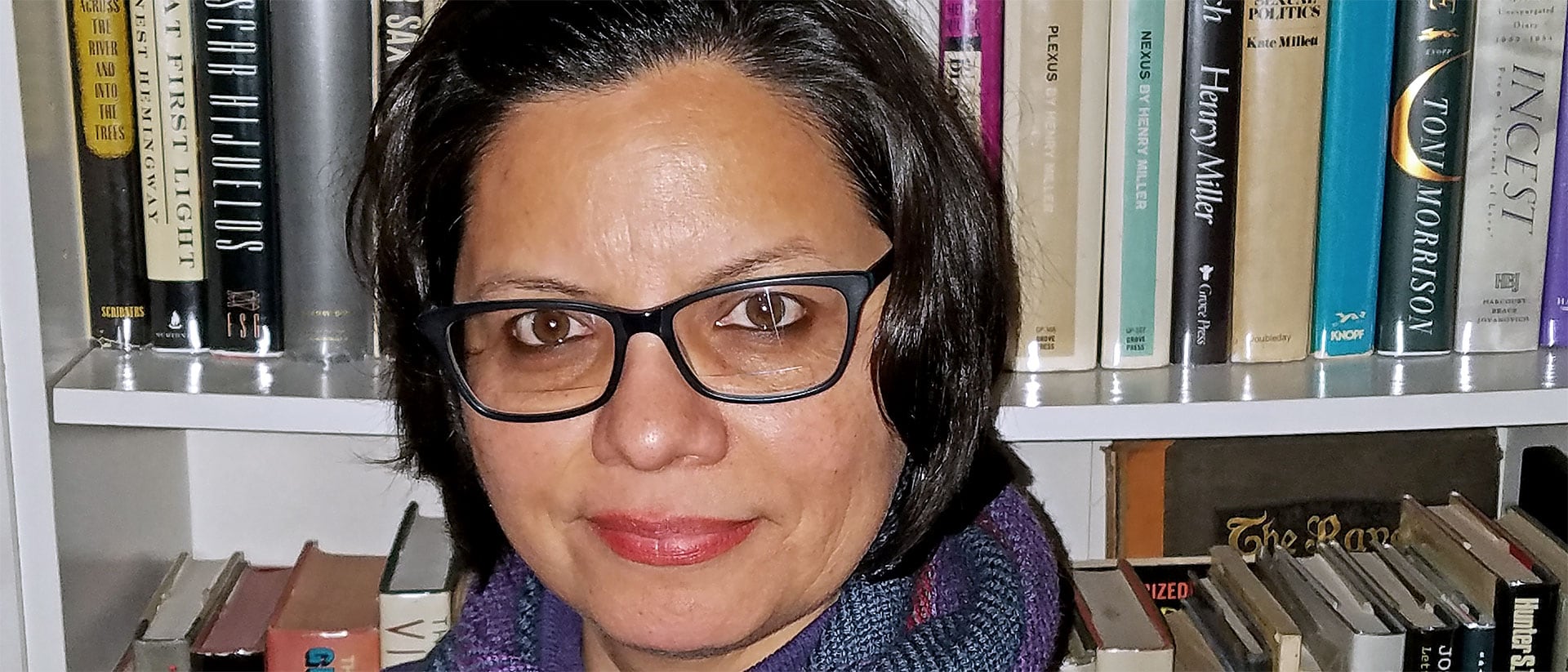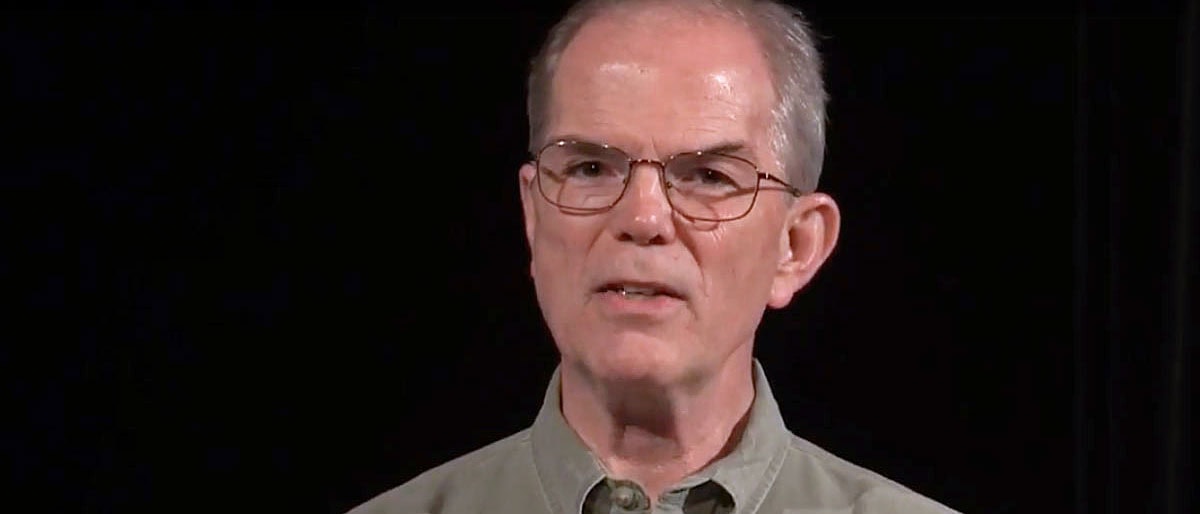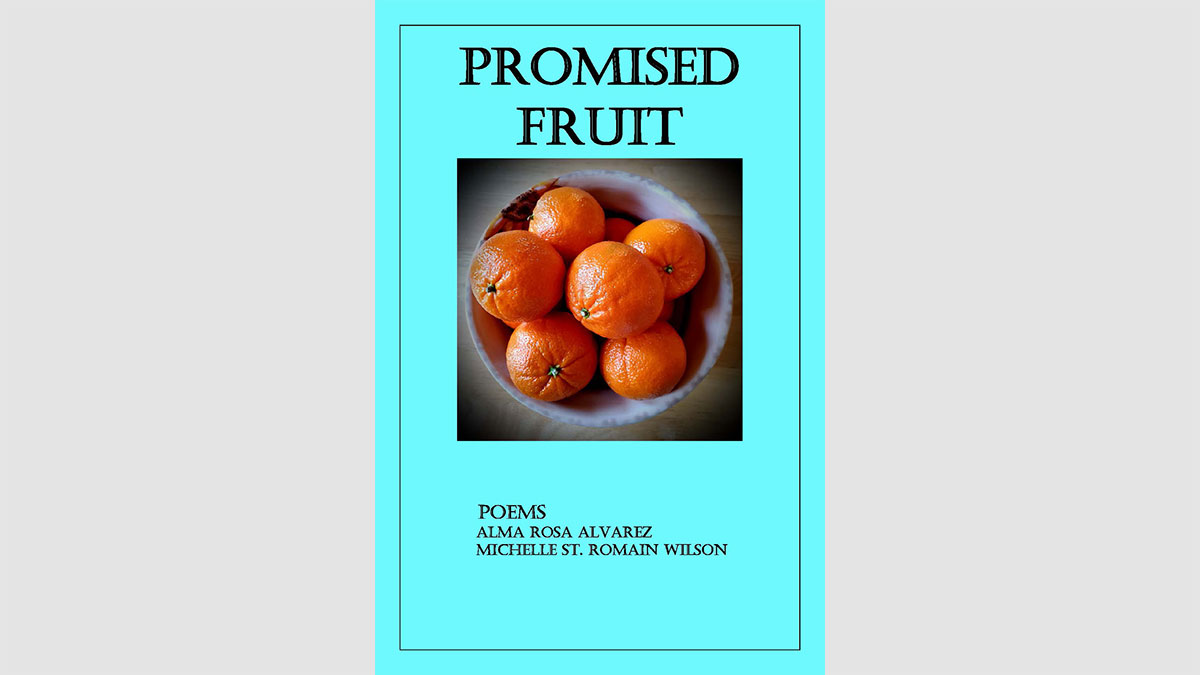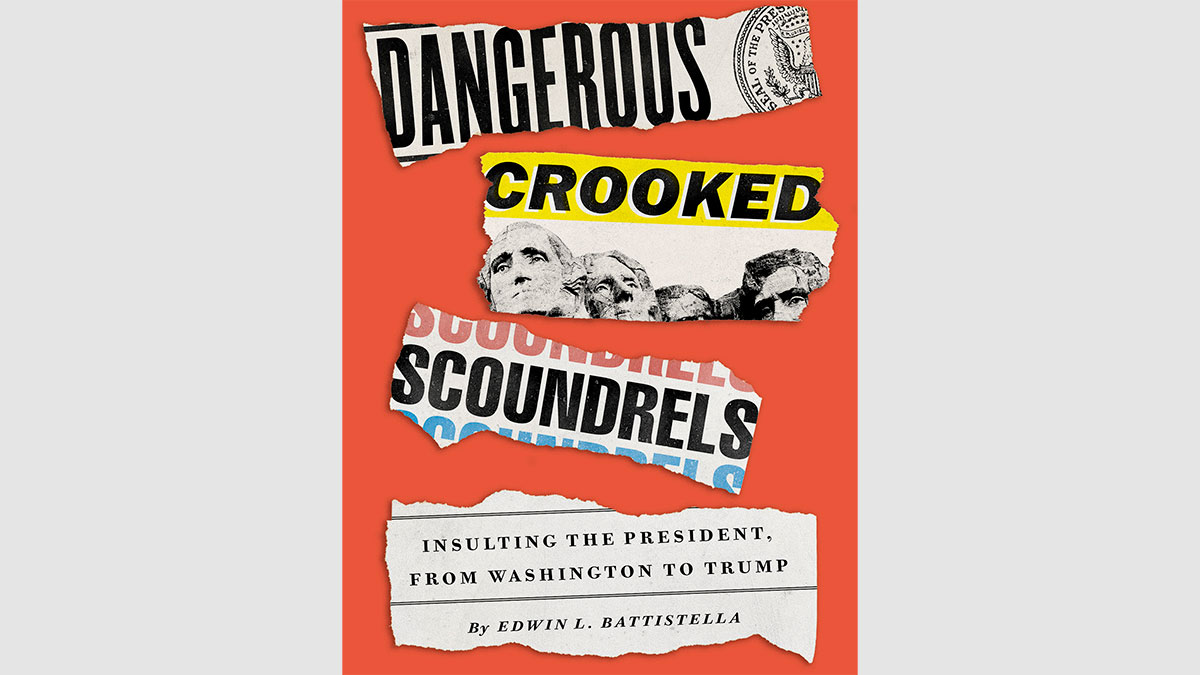- be_ixf; php_sdk; php_sdk_1.4.18
- 33 ms
- iy_2025; im_07; id_03; ih_22; imh_12; i_epoch:1.75160592482E+12
- ixf-compiler; ixf-compiler_1.0.0.0
- py_2025; pm_06; pd_10; ph_02; pmh_50; p_epoch:1.74954900074E+12
- link-block; link-block_link-block; bodystr
- pn_tstr:Tue Jun 10 02:50:00 PST 2025; pn_epoch:1.74954900074E+12
- 0 ms
- be_ixf; php_sdk; php_sdk_1.4.18
- https://sou.edu/academics/english-program-faculty-publications-interview-with-alma-rosa-alvarez-and-ed-battistella/
- https://sou.edu/academics/english-program-faculty-publications-interview-with-alma-rosa-alvarez-and-ed-battistella/

English Program Faculty Feature:
English Program Faculty Publications: Interview with Alma Rosa Alvarez and Ed Battistella
May 28, 2021
By Dianira Piceno, Senior English Major.
Pictured above: Alma Rosa Alvarez, Professor of U.S. Literature.
Alma Rosa Alvarez has a B.A. in English and Mexican-American Studies from California State University, Dominguez Hills. She has a M.A. and Ph.D. in English from University of California, Santa Barbara. She primarily teaches U.S. literature—and all that that encompasses—what has been considered canonical and non-canonical literature. Happily, over time, some of the “non-canonical” literature has become part of the U.S. literary canon.

Ed Battistella grew up in New Jersey and attended Rutgers College as an undergraduate and the City University of New York for his PhD. Battistella teaches linguistics and writing, including courses in The Structure of English, The History of English, Forensic Linguistics, The Language of Food, and Languages of the USA, and the History of Publishing. He says that his teaching goal is “to make learning fun.”
In this three-way style interview, professors Alma Rosa Alvarez and Ed Battistella talk about their recent publications and writing process.
Dianira Piceno: Tell us a bit about your most recent publication. What are some of your past/recent publications and what were they about?

IMAGE ABOVE: Book cover, “Promised Fruit” Poems by Alma Rosa Alvarez and Michelle ST Romain Wilson.
Alma Rosa Alvarez: My most recent publication is Promised Fruit, a poetry collection co-written with Michelle St. Romain Wilson, my writing partner. In that collection we have poems about nature, parenting, and issues of social justice. We invite readers to respond to the complexities of life with love, compassion, and a commitment to truth. This collection was published under Singing Bird Press, our own imprint.

IMAGE ABOVE: Book cover, “Dangerous Crooked Scoundrels: Insulting the President, from Washington to Trump” by Edwin L. Battistella.
Ed Battistella: In 2020, I published Dangerous Crooked Scoundrels: Insulting the President, from Washington to Trump.
DP: How do you figure out what exactly you are wanting to write about?
ARA: At this point in my career, I consider myself more a poet than an academic writer. It is sort of strange to explain, but I don’t necessarily set out to write a particular thing. What happens, usually, is that I observe something that is a poem in the making. It can be a tender situation. It can be something that is sad or unjust. It can be something quirky. It can be something that is beautiful. When I see it, I know—this is a poem. I try to take some quick notes on my impressions. Afterwards, I go back and rework those impressions and begin playing with language. If I don’t write those impressions down, the poem is lost forever.
EB: A lot of ideas come out of class discussions – the definition of “a hamburger” for example or the meaning of “yeah, no.” Others come out from what’s going on in the world: apologies, insults, how people do things with language.
DP: What kind of research do you do (if any), and how long do you spend researching before beginning a book or article?
ARA: My academic book took many years of research!!! When I write a poem, I may also spend some time researching. A few years ago, I wrote a poem, “Nesting.” Towards the end of the poem, I feature a mourning dove. I knew a few things about mourning dove’s mating patterns, what they like to eat, but I wanted to find out about their nesting habits, so I spent a good afternoon learning about these. I was able to then incorporate four small lines in my poem that couldn’t have happened without that research. Some of my research involves interviewing people. I have a poem about a person in Mexico that sold yams. I wanted to learn from my older family members how yams were prepared for sale. It was quite an education. The preparation was not how I had imagined it! Those various details helped me shape my poem.
EB: It really varies. Usually it is slow going, with lots of rabbit holes. If I spend more time planning, it goes faster.
DP: What is your writing process like?
ARA: When I write poems, my process is writing down that initial feeling or observation—that raw material as quickly as possible. This is why I always carry a notebook with me. Once I get home, I look at those notes and work on a first draft of a poem. I will then leave that first draft for a week or so. If I am teaching, it is often for a month or more! When I come back to it, I can more clearly see what is not working. I begin revising language, revising the rhythm. I may spot images that are inconsistent, so I work on those. I cut. Oftentimes, I work on a poem through at least two drafts.
EB: I try to write early in the morning, before the coffee has had a chance to wear off.
And I try to write a little every day.
DP: How long does it take for you to finish a book or article?
ARA: I can knock out a poem, if I have been thinking about the content or images, in an hour. But this is just the first stage. It can take me months to clean up the first draft. I have recently finished a manuscript which is a family memoir that combines poetry and prose. That manuscript has taken me many years to complete. It took me so long because I had to learn to discern what was mine to tell and what was not. I also felt like I needed to figure out what the actual purpose of the manuscript was. This winter, as I worked on it, I began cutting out a lot of information that was pertinent to me but not to moving forward the theme.
EB: Ugh. Too long. But if you write an average of 100 words a day, in a year you’ve got 36,500 or so words.
DP: What is the most difficult part of writing for publication?
ARA: For me, there are two things that are difficult about writing. One is even having the desire to write for publication. I have been content sharing my poems in readings. This has been gratifying. After readings, people have asked, where can I get your book, and I usually feel embarrassed and say, I don’t have my poems in a book. Well, that changed last year, because I have some poems in Promised Fruit. The second hardest part of writing for publication is getting the rejection letter about the work I have sent out. It happens to every writer. Nonetheless, it doesn’t feel good.
EB: Getting started is always a little tough, but I would also say that not wondering is difficult. I think I write better if I am telling a story and less well when I’m explaining too much.
“Getting started is always a little tough,” …but I would also say that not wondering is difficult.
— ED BATTISTELLA
DP: What is the most rewarding part of writing for publication?
ARA: When my academic book came out, it was cool to go to conferences and hear folks cite my book in their papers. I had a niece take a college Chicanx Literature class; they read one of the chapters from my book. That was gratifying too. More recently, with Promised Fruit, local people have reached out to tell me they have enjoyed reading our book. One person even shared that my poem “Blue Jay” helped her appreciate blue jays.
EB: I like figuring things out and writing helps you to do that. Thinking about the reader and their reaction helps me focus.
DP: How do you celebrate when you complete the final draft of your book or article?
ARA: CAKE!!!
EB: Pizza. Book royalties will just about buy one.
DP: What do you do when you’re not writing or teaching?
ARA: I like reading. I like swimming. I like baking. And of course, I like eating what I bake.
EB: Reading mysteries, playing chess, exercising.
DP: What is the most valuable piece of advice you’ve been given about writing?
ARA: To figure out the line between constructive criticism that can help you grow as a writer and still maintain a truth to your vision for the project.
EB: Don’t be too academic. No sentences longer than a paragraph and no paragraphs longer than a page.
DP: Would you like to share some of your past publications?
ARA: My previous publication was an academic book through Routledge Press titled Liberation Theology in Chicana/o Literature: Manifestations of Feminist and Gay Identities. In this book I explored the ways that Chicana and Chicano writers used liberation theology as a way of reconnecting back to their Mexican/Chicanx culture, while simultaneously affirming their feminist and/or queer identities.
EB: One of my favorites is a series of blog posts I do for Oxford University Press; they are short, fun pieces that allow me to explore a variety of topics.
A huge thank you to Alma Rosa Alvarez and Ed Battistella for participating in this interview.
Like and Follow the English Program page on Facebook for more stories.
Interested in the English program at SOU? Learn more about the programs offered below:
English Home Page | English BA/BS | English Minor | TESOL Certificate Program


